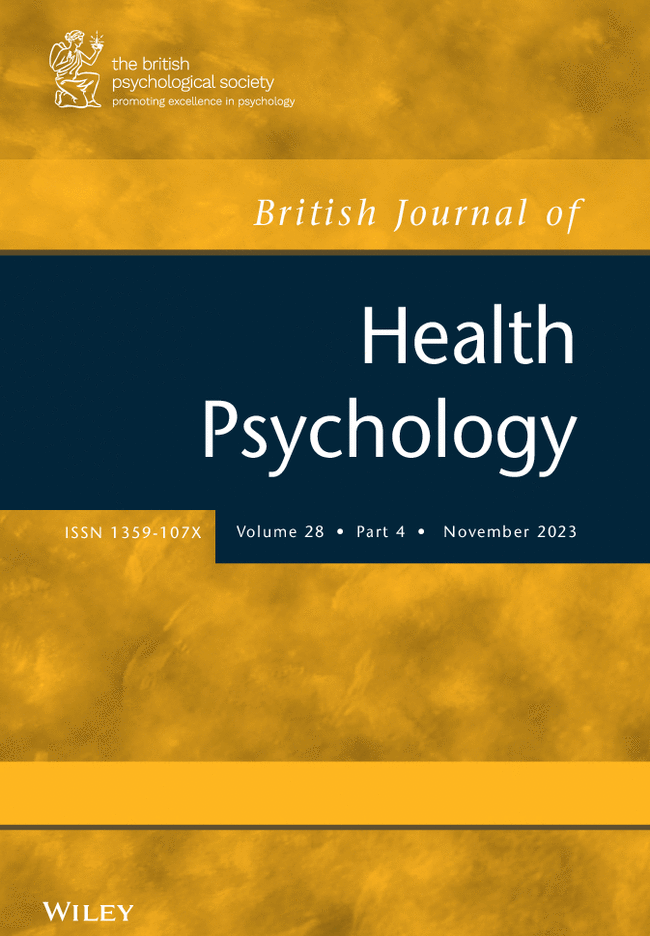‘It's satisfying but destructive’: A qualitative study on the experience of bedtime procrastination in new career starters
Abstract
Background
Bedtime procrastination, the volitional delay of going to bed without any external circumstances causing the delay, is linked to multiple indicators of inadequate sleep. Intervening to reduce bedtime procrastination may be an important avenue to improve sleep outcomes, yet the phenomenon remains poorly understood in populations at risk for bedtime procrastination. New career starters, those who have graduated from tertiary education and started a new full-time job within the past 12 months, may be susceptible to problematic bedtime procrastination and are at an opportune time for a ‘fresh start’ to change behaviour.
Aims
The objectives of this study were to understand how bedtime procrastination is experienced and perceived by new career starters, to identify the enablers and barriers to behaviour change in new career starters and to explore themes for future interventions.
Materials & Methods:
Data were collected through in-depth semi-structured interviews with 28 participants.
Results
Inductive thematic analysis was used to find seven themes: (1) negative feelings before and during bedtime procrastination; (2) wanting to versus knowing I shouldn't; (3) difficulty falling asleep; (4) influence of automatic processes; (5) consequences of bedtime procrastination; (6) lack of self-control and (7) technology captures late-night attention. Participants emphasised the need for me-time, self-negotiation to continue procrastinating and knowledge of the value of sleep.
Discussion & Conclusion
Findings suggest that bedtime procrastination involves both reflective and automatic cognitive processes. Future interventions would benefit from a dual-process approach, using cognitive and behavioural techniques to reduce bedtime procrastination.

 求助内容:
求助内容: 应助结果提醒方式:
应助结果提醒方式:


